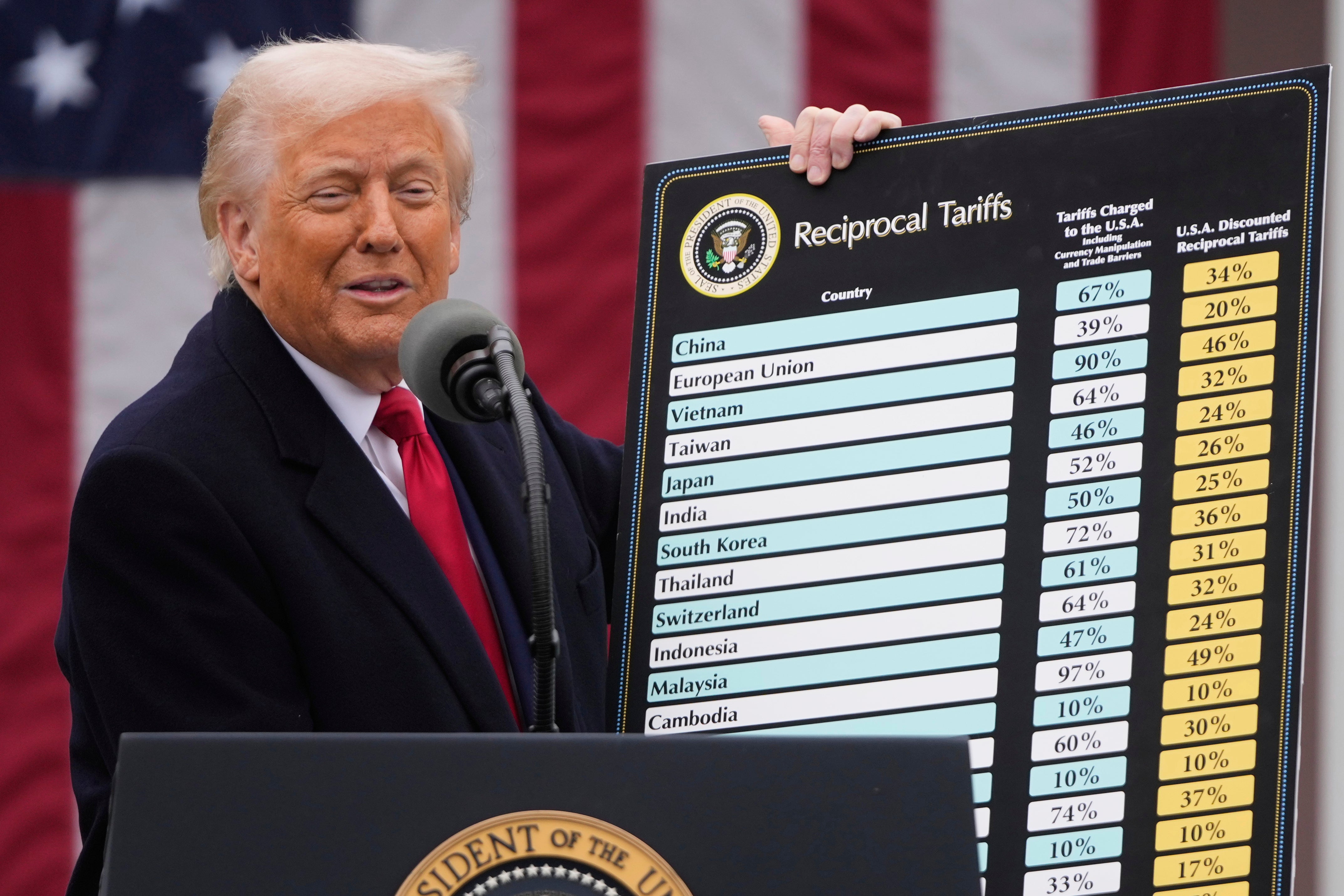The cost of toys and games is rising at a record rate as the industry begins to feel the impact of President Donald Trump’s tariffs on China.
While inflation held steady last month at 0.1 percent, the price of toys, games and playground equipment saw a rise of 2.2 percent between April and May, according to figures from the Bureau of Labor Statistics.
The latest figures capture the period after Trump unveiled his global reciprocal tariffs in April, and while the full impact is yet to appear in the data, experts say it’s a gloomy indication of what’s to come for the toy industry.
After months of back and forth, tariffs on Chinese imports – which at one point rocketed to 145 percent – are currently at 30 percent until mid-August.
Nearly 80 percent of the toys sold in the U.S. are sourced from China, according to The Toy Association, and the industry is bracing itself.
Isaac Larian, chief executive of MGA Entertainment, which manufactures brands including Bratz and Little Tikes, told The Washington Post that inflation “is only just starting.”
“There’s going to be a domino effect: You’re going to see prices go even higher,” Larian said. “You’re going to see empty shelves and a lack of innovation.”
Trump acknowledged that his tariffs could lead to higher prices or less inventory. “Well, maybe the children will have two dolls instead of 30 dolls,” he said in April. He also suggested those two dolls could “cost a couple of bucks more than they would normally.”
Some toy makers say they have no choice but to pass on the tariffs to customers.
“It’s a tough situation,” Scott Clarke, the president of Douglas, which sells stuffed toy animals, told The Post. “We’ve absorbed some of the tariffs, but there’s only so much we can do. Ultimately, this is a tax on American businesses, and it’s the consumer that’s having to pay.”

Last month Mattel, the creator of Barbie, Hot Wheels, Uno, American Girl and more, was threatened by Trump for refusing to move its production to the U.S. – the ultimate goal of the president’s tariffs.
Ynon Kreiz, the chairman and CEO of Mattel, told CNBC it was unlikely the company would move production to the U.S as a result of tariffs; preferring instead to diversify production to other countries or just raise prices on U.S. consumers.
“That’s ok. Let him go, and we’ll put a 100 percent tariff on his toy, and he won’t sell one toy in the United States, and that’s their biggest market,” Trump said.
Greg Ahearn, president and CEO of The Toy Association, previously said that price increases of 15 percent to 20 percent are expected on games, dolls, cars and other toys by the back-to-school shopping season.
The price range that U.S. consumers are willing to pay is anywhere from $4.99 to $19.99, leaving little wiggle room to raise prices, he said.
The Associated Press contributed to this report.
Americans' view of the economy slides in June, wiping out gains from previous month
US tariffs and blowing the budget ‘among cost concerns for holidaymakers’
Consumer confidence up in June amid ‘dark shadow’ of inflation and war
Iran-Israel latest: Trump strikes did not destroy Tehran’s nuclear sites
FBI ‘to move agents from immigration to counterterrorism’ in wake of Iran strikes
POWs, abductees, defectors and separated families are the legacy of the Korean War







